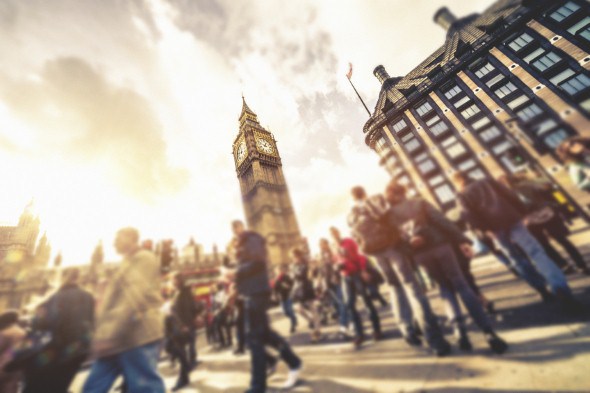A third of the MPs who were elected to the new House of Commons in 2015 were educated at a private school, according to new research.
A study carried out by the Sutton Trust shows that 32 per cent of politicians who won the vote in their constituency on May 7th were independently educated, which is actually down from the proportion elected in 2010, but far greater than the national average.
In the UK, 7 per cent of all children are in private education, rising to 18 per cent for those aged over 16, but the representation in Parliament is much higher than this.
In the last General Election, which resulted in a Conservative/Liberal Democrat coalition, 35 per cent of MPs had been to fee-paying schools, and although this figure has dropped in 2015, it still suggests that a background in private education has a significant effect on political ambition.

Wide-ranging data
For the study, the Sutton Trust gathered school data on 600 of the 650 politicians elected, representing 92 per cent of the new House of Commons, and higher education data for 625 of the 650 representatives, equivalent to 96 per cent of those elected.
Overall, information relating to 318 Conservatives, 229 Labour, 8 Lib Dems, 48 SNP, as well as 22 other MPs from Plaid Cymru, UKIP, the Green Party and the Northern Ireland parties, was analysed, with a distinct trend towards private education.
When broken down, the research shows that almost half (48 per cent) of Conservative MPs were privately educated, compared to 17 per cent of Labour MPs and 14 per cent of Liberal Democrats, while just 5 per cent of SNP MPs went to a fee-paying school.
Despite having the highest independent school representation in the House of Commons, the proportion of privately educated Conservative MPs has actually fallen from 54 per cent in the last Parliament, and from 73 per cent in 1979.
Overall, MPs are four times more likely to have gone to a fee-paying school than their constituents, with 1 in 10 MPs who were privately educated having attended Eton.
Gradual change
It does signal a slight shift in the backgrounds of each politician, however, with new electees significantly more likely to have had a non-selective state education.
Whereas 64 per cent of those who were newly elected went to comprehensive schools, this falls to 44 per cent for MPs who were re-elected having been in the 2010-2015 Parliament.
Higher Education representation is still significant, however, with 9 out of 10 MPs having a degree, 26 per cent graduating from an Oxbridge university, and a further 28 per cent having attended another Russell Group university.